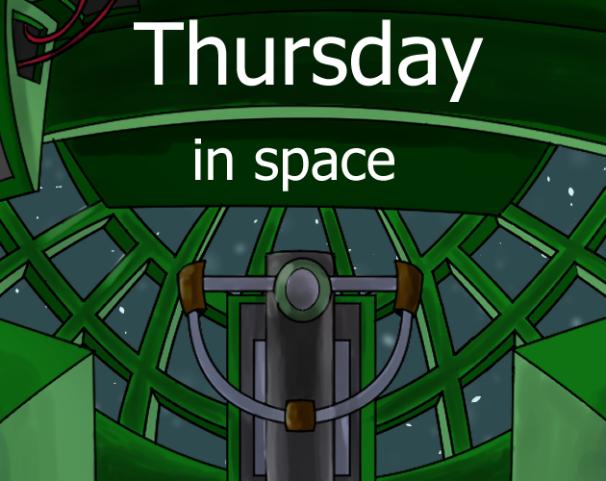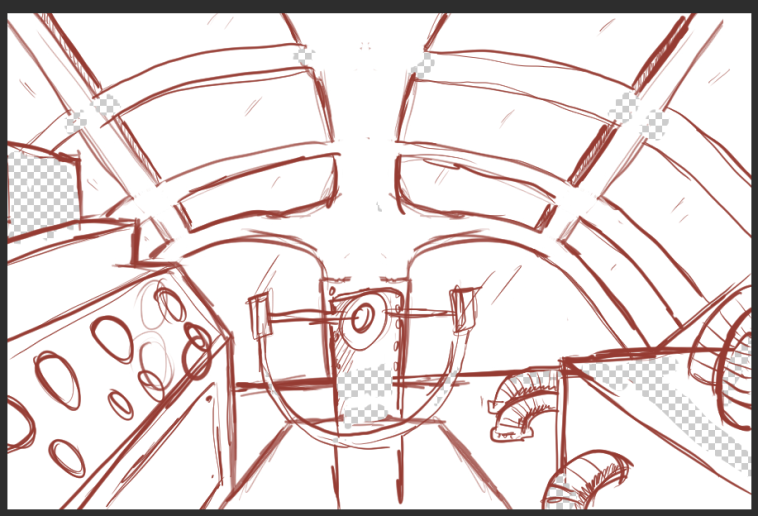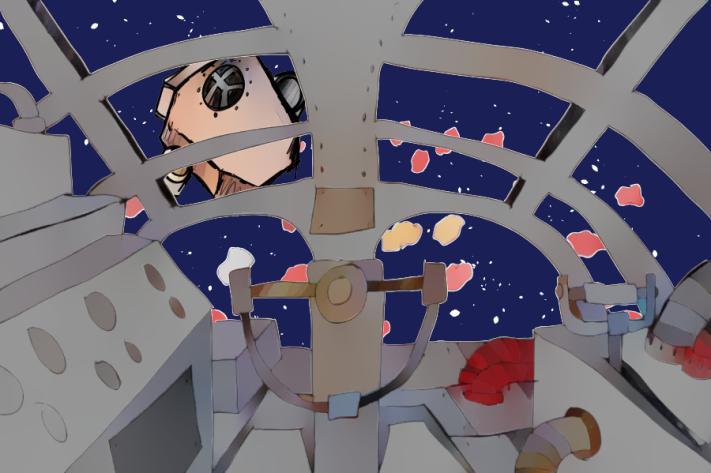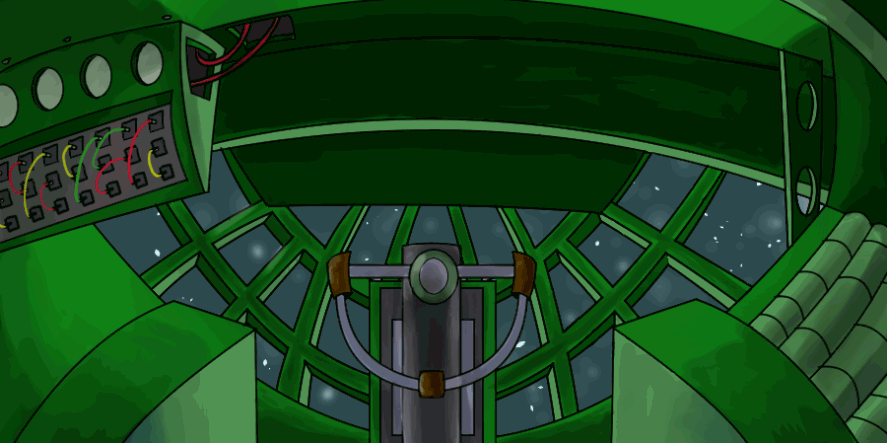
“Single actions can be moves in many games at once.”
That’s John Padgett and Christopher Ansell describing robust action, the mechanism that the Medici family used to retain power in 15th century Venice. (Xavier Marquez also writes that robust action was how Francisco Franco managed adversarial factions in the 20th century.)
TL,DR: When there’s more than one reason to do something, it’s more likely to get done. That’s true whether you’re manipulating political rivals or giving time and attention to the ideas in your own unruly brain.
It’s why Donald and I participated in the 2023 Neo-Twiny Jam.
Why we did it
Our goals were:
- Publish a game in 2023
- Develop mechanics that could be implemented elsewhere
- Apply novel constraints to inspire creativity
- Reach a larger audience through the game jam community
Making a public commitment to the game jam held us accountable. Participation was also linked with donations to an anti-hate group, which was a nice bonus.
How we did it
The jam’s 500-word limit was around the length of an in-depth blog post. That gave us room for an introduction, a conclusion, and 3 to 5 decision points that could be 70 to 100 words each, depending on how many choices we provided.
We wanted the experience to feel like being an Amazon driver in space, and Donald’s artwork did a lot of the heavy lifting to reduce wordcount. He spent time googling images of tug boat galleys for reference, working to establish the cramped environment of the ship along with its worn and threadbare equipment
This was the first time our projects used Clip Studio Paint, and the short time frame forced Donald to learn the program quickly. The claustrophobic reference images started getting to him, but the end result constrains the player within a cramped world.

Following Emily Short’s recommendation for writing the through line first, we put together a linear story that had 5 choices. Then we broke up the story to present the first 4 choices in any order — the Good Place approach of “taking something great and ruining it a little so you can have more of it” — which made each playthrough a bit different.
We used one MS Word document to track the wordcount in our display text, and a separate Word document held design notes and lists of things to do. As we got closer to the game’s release date, we did more coordinating via Discord messages. Not very sophisticated, but everyone has their own approach.

Thursday in Space involved more CSS work than our previous games. The sidebar uses Terminal with Scan Lines code created by Patrick Himes, and custom work was done for the borders and rounded edges on the buttons at the end of every passage. Code randomly set each button’s destination passage by using pluck to pull from an array of the unread passages. When every passage was removed, the button sent players to the final choice.
There were 24 different ways to get through the story, which meant that we had to rein in combinatorial explosion by making some choices less meaningful than others. The random order also made it more difficult to test things properly. (Some players have reported that the stowaway doesn’t behave consistently, which is a bug I haven’t been able to fix.)
How it turned out

We accomplished a decent number of our goals.
A clear win, in line with the eternally relevant gamedev advice of making and releasing lots of small games to develop your skills.
- Develop mechanics that could be implemented elsewhere
Another win, using CodePen and experimenting with new ways for storylets to work together.
- Apply novel constraints to inspire creativity
On the one hand, the Neo-Twiny jam gave us the focus that we needed to accomplish the first two goals. On the other hand, some of the choices in this story felt less meaningful than others, which the audience noticed.
- Reach a larger audience through the game jam community
This didn’t go so well. Sorting the jam entries by popularity puts Thursday in Space in the bottom 20% of entrants.
Consolation prize: We realized that we could re-use assets from Project Arcmor, our game from 2021, and then we linked to it as an easter egg inside Thursday, in space.




























